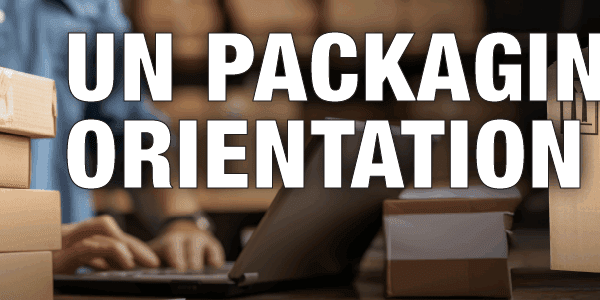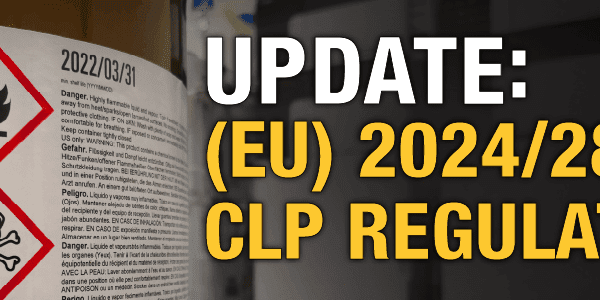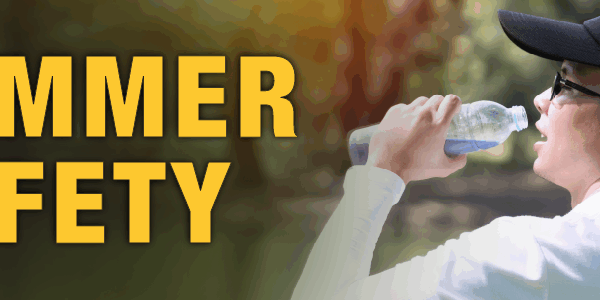
Lithium batteries have been integrated into so many parts of our everyday lives. From gadgets, toys, computers, cell phones, and life-saving medical devices, they have shown to be valuable assets in our society. So, when I saw an advertisement for smart luggage powered by lithium batteries – I was not surprised. This luggage has the capabilities to be used as a ride-on transportation device or a self-propelled suitcase that remotely follows you around the airport up to a distance of 20km. These suitcases may even contain high-power lithium batteries that can be utilized as battery banks to power accessories such as laptops, cellphones, or even power GPS tracking devices and electric locks.
Keep in mind the regulatory considerations while looking to purchase one of these new products. Lithium batteries are subject to provisions set out in IATA Regulations (subsection 2.3) when traveling by aircraft, and they may require operator approval if the following are not met.
Always check prior to departure:
- each battery, including spares, do not exceed:
– a lithium content of 2g for lithium metal or lithium alloy batteries; or
– 100 Wh rating for lithium-ion batteries; - must also meet manufacturing requirement of the UN Manual of Tests and Criteria, Part III, subsection 38.3 (you can easily find this on the manufacturer websites or SDS);
- if the primary purpose of the lithium batteries is to provide power to another device (i.e., as a power bank), it is only permitted in carry-on baggage, although in some instance, regulations may prevent the carriage of some spare batteries or power banks in carry-ons;
- tracking devices (specifically portable electronic devices) must be designed with a minimum of two independent means to turn off completely. Turn off cellular or mobile functions or a combination of both when airborne and tracking through passive RFID should comply with IATA RP1740C.
While waiting to board your plane, a common scenario is an announcement asking for volunteers to submit their bags at the gate to check their luggage to the cargo compartment because there will not be enough cabin room to accommodate all carry-ons. You must remember baggage intended to be carried in the cargo compartment must only contain dangerous goods (in this case, lithium batteries) that are permitted in checked baggage.
Before purchasing smart luggage, ensure you understand that there might be some regulatory limitations, and we encourage you to contact your carrier. But, overall, this is a great hands-free alternative while traveling.
Stay up to date and sign up for our newsletter!
We have all the products, services and training you need to ensure your staff is properly trained and informed.
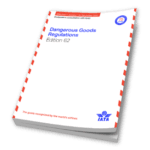
|
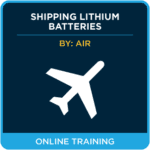
|

